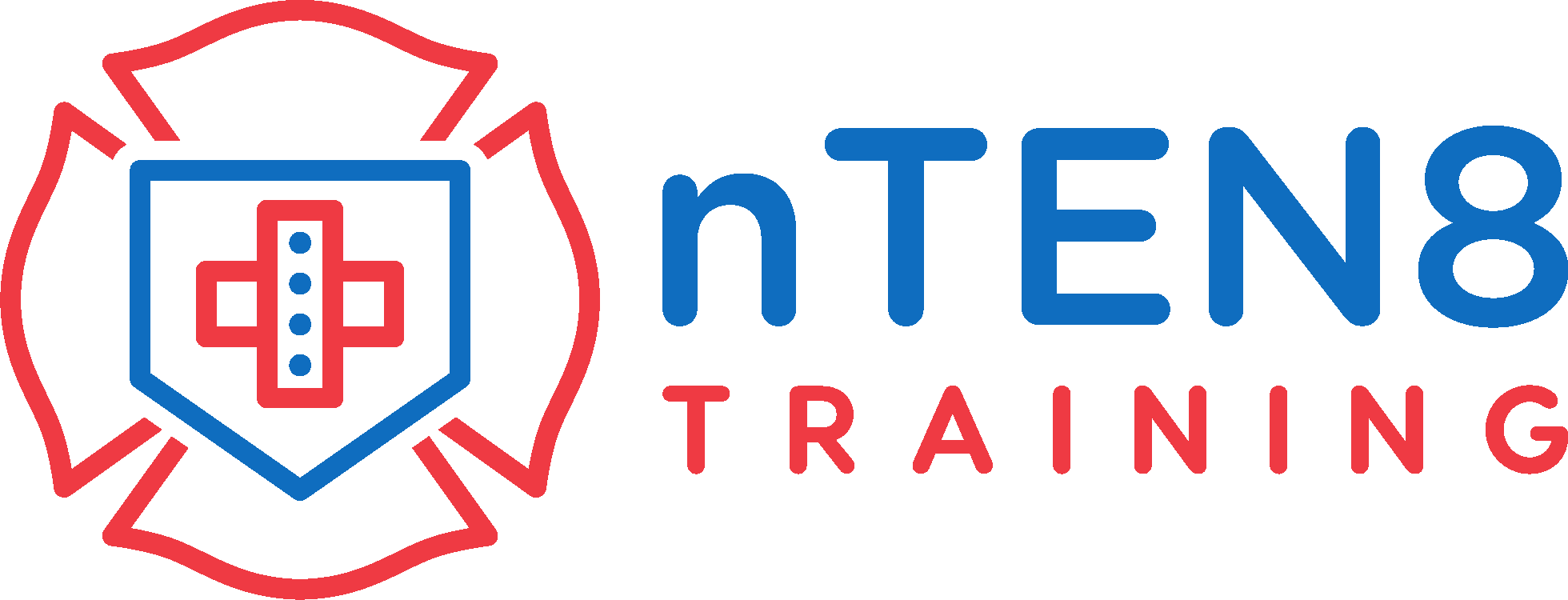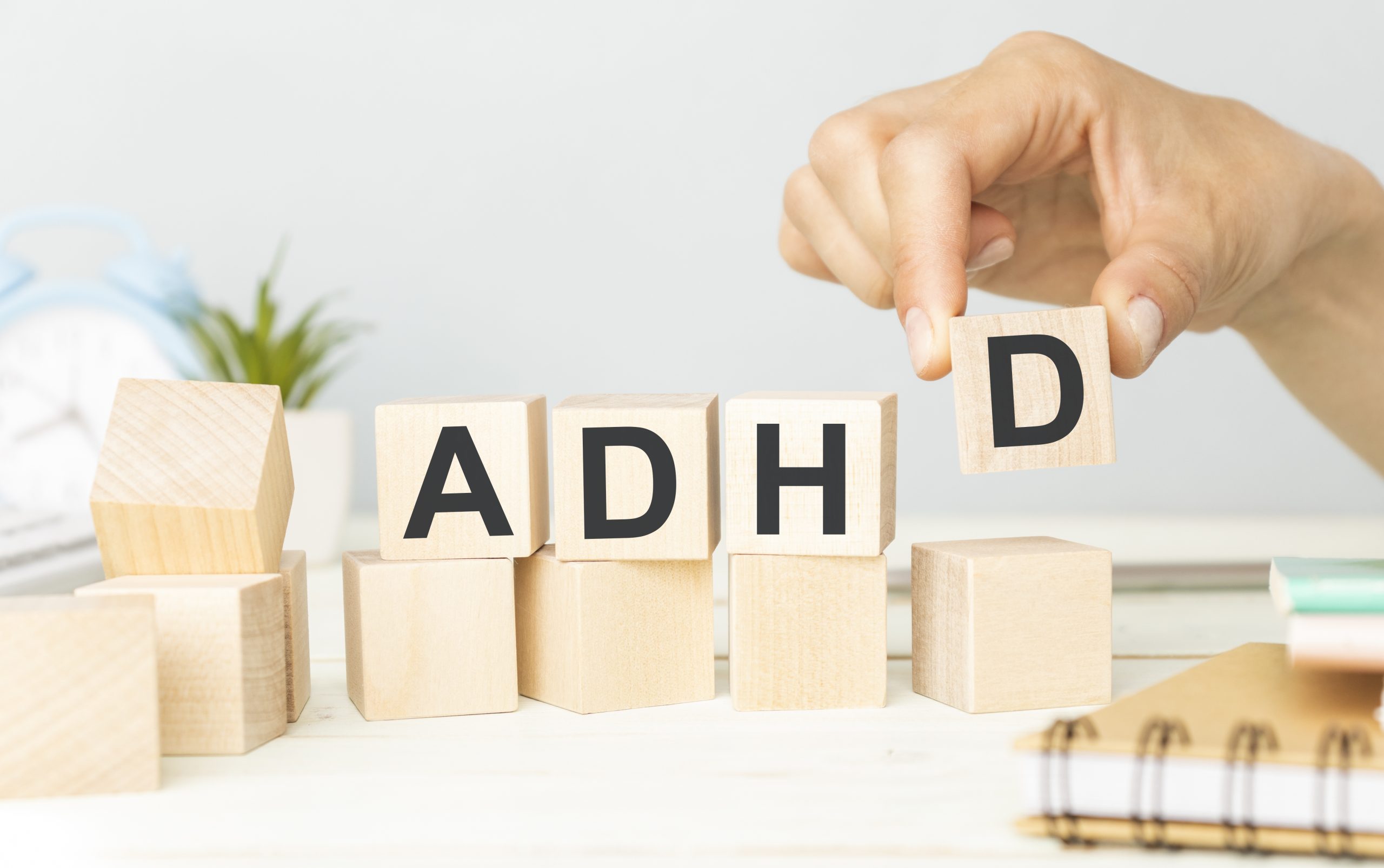How Stress Affects Your Health: Explore the physical and mental impacts of stress, and its connection to various medical conditions. Discover the importance of stress management for overall health.
Understanding Your Stressors: Identify common sources of stress in your life and learn to recognize your own stress triggers. Develop self-awareness to manage stress more effectively.
Stressors: Internal vs. External: Differentiate between internal (e.g., perfectionism, self-criticism) and external (e.g., job, relationships) stressors. Understand how your perception influences stress management.
Stress Management Techniques for Relaxation: Learn simple relaxation techniques to calm your body and mind, including mindfulness, progressive muscle relaxation, and deep breathing. Incorporate these strategies into your daily routine.
Time-Management Techniques: Utilize effective time management strategies to reduce stress from deadlines and obligations. Set priorities and create achievable schedules. Recognize the importance of downtime and breaks.
Establishing a Network of Support: Understand the role of social networks in stress reduction. Identify supportive individuals such as friends, family, or support groups. Develop communication skills to express your feelings and seek help.
Choosing a Healthier Lifestyle: Explore how sleep, exercise, and diet impact stress levels. Adopt a balanced lifestyle to reduce stress. Make small changes for a healthier, stress-resilient life.
Thinking and Feeling Positively: Recognize the benefits of positive thinking in stress reduction. Cultivate a positive mindset and challenge negative thoughts. Practice gratitude techniques to change your perspective.
Conclusion: Creating Your Stress Reduction Plan: Summarize the stress reduction strategies learned in the course. Develop a personalized stress reduction plan based on your needs. Equip yourself with tools to manage stress and lead a balanced life.





